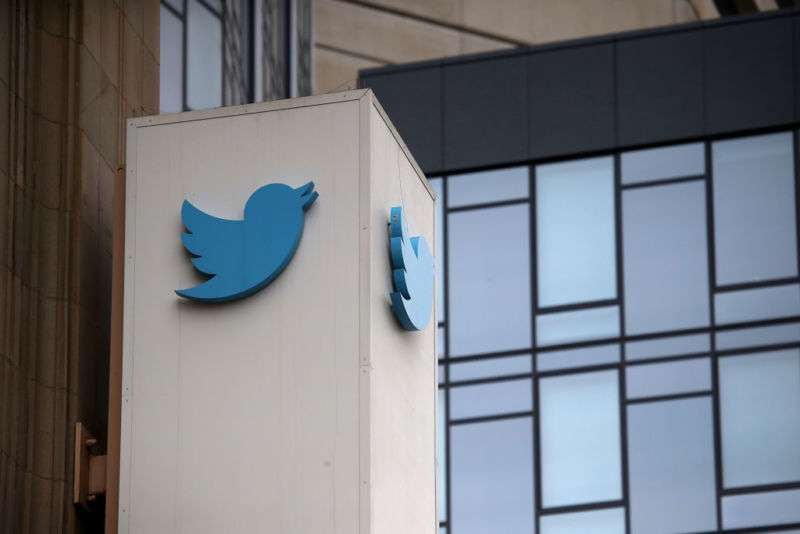
Former Twitter employees charged with spying on users for Saudis

In an indictment filed on November 5, the Justice Department has charged two former employees of Twitter as acting as unregistered agents for the Kingdom of Saudi Arabia and falsifying documents provided to the Federal Bureau of Investigations to cover up their activities as spies working within Twitter. This is the first time the United States has formally charged Saudis of spying in the US.
One of the former employees—Ahmad Abouammo, a US citizen who left Twitter in May 2015—was arrested on Tuesday. The second, a Saudi citizen named Ali Alzabarah, fled the country a day after being confronted about his activities and being placed on leave by Twitter in December 2015. A third individual—Ahmed al Mutairi, another Saudi citizen and the head of a Saudi social media company—acted as an intermediary for Bader Al Asaker, a man who is often referred to Crown Prince Mohammed bin Salman’s “invisible hand.”
Starting in 2014, Abouammo and Alzabarah worked with a Saudi government official identified by The Washington Post’s Ellen Nakashima as Al Asaker. They passed internal Twitter data on users “of interest to [Al Asaker] and the Saudi Royal Family.”
The data included email addresses and IP addresses associated with the accounts as well as devices and browsers used—providing tracking of the account users’ movements. In some cases, the accounts included images that could have been construed as security threats—including images of improvised explosive devices—and Twitter removed the posts after emergency takedown requests from the Saudi government. In others, the accounts were merely critical of Mohammed bin Salman or the government.
After being placed on leave by Twitter, Alzabarah sent a letter of resignation while aboard a flight back to Saudi Arabia. Once he arrived there, he took a job with a charity led by Al Asaker called MiSK—a charity created by Mohammed bin Salman.
According to the affidavit from the FBI, Abouammo was paid at least $300,000 by Al Asaker for his work—payments he tried to cover up with faked invoices to his personal company, according to the FBI. The indictment alleges that Abouammo also received gifts, including a watch worth approximately $20,000.




